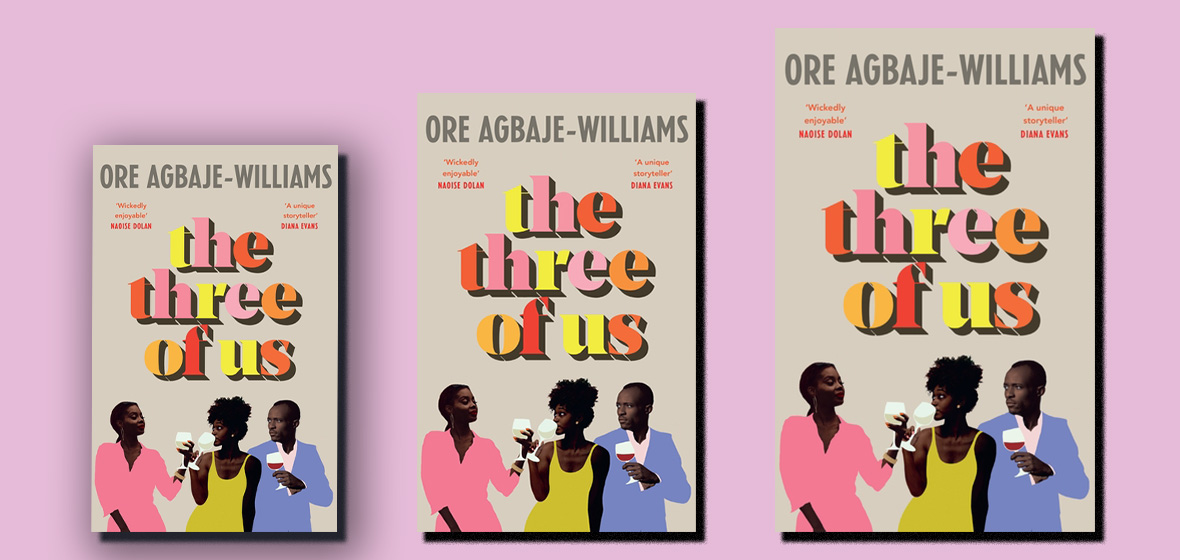Author: Ore Agbaje-Williams
Publisher: Jonathan Cape (Penguin Random House)
Pour yourself a glass of good wine and set aside a couple of hours. You’ll need the first to settle into the world of the novel’s main characters, three wealthy British-Nigerian millennials who drink, talk and argue their way through the story. And you’ll need the second because The Three of Us is a quick read: short in length, and unstoppable in effect.
This novel is structured as three monologues, first by the unnamed character, the wife; then the husband; and then the wife’s friend, Temi. The latter is the only character referred to by name, and that’s no coincidence. Temi is temperamental, self-absorbed, vital and manipulative, and the action arises from her opinions and her actions.
In some senses the other two characters are archetypes: the husband is a wealthy young man steeped in conservative values who believes a wife should be beautiful, a homemaker and a mother, deferring to the demands and values of the older generation. “I pictured a life of upscale simplicity,” he says.
The wife is pliable and lacking in confidence, two characteristics Temi leapt upon the moment she first spotted her when they were schoolgirls.
Friendship is a key theme in this book, which raises some important questions: how do you allocate your loyalty when your best friend and your partner are fundamentally opposed to each other? To what extent can you allow a friendship to endanger your wellbeing, if losing that friendship would have an even more devastating effect? Is it possible to overcome your jealousy about your best friend’s close bond with their partner?
And, probably the core question this book raises: To what extent do our closest friends’ expectations shaped our identity?
This apparently simply written and constructed novel is brimful with innuendo, strong emotion and hidden desires. There is collusion, manipulation, disappointment and deceit. And moments of pure laughter and shared memories – the best things about a close friendship.
Here are some gems to encourage you to enter the world of the three of them.
The husband says, “I hate a lot of things about my wife’s friend, but the thing I hate most that is, more and more, she makes me look twice at my wife.”
The wife says that her husband loves her “For my affection, for my calm, unbothered nature, for the unadulterated woman – blank by choice – that I am.”
And, most telling, from Temi: “I was of course disappointed when my friend/sister/partner/rib/extension-of-self told me that she was going to go on a date with the human equivalent of a BIC pen.”
Time to uncork that wine.




